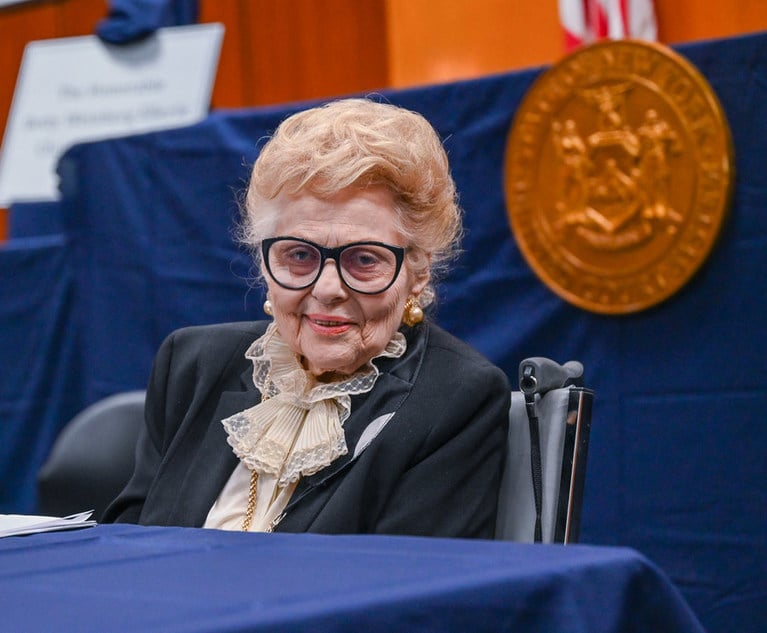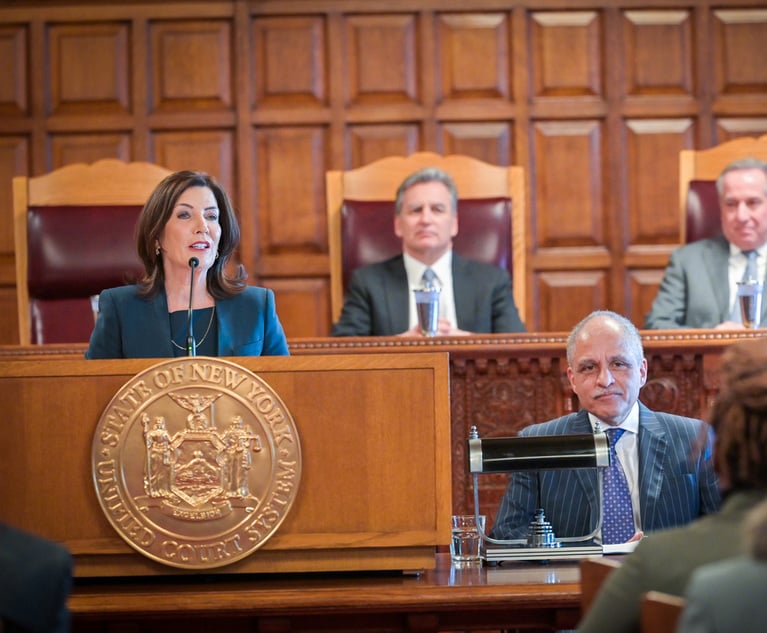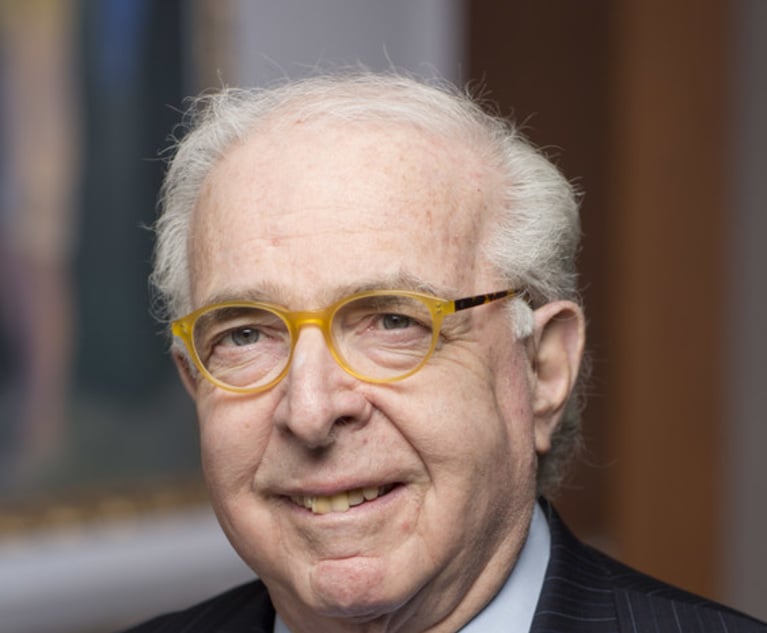I honor my immigrant father by writing about the core principle that undergirds our democracy and preserves our liberty: the separation of powers. For him, the concept is not only theoretical, but personal. He has experienced how the balance of power anchors our freedoms, and how without it, we are lost.
You see, my father grew up under a dictatorship, which lasted more than 30 years. Unsurprisingly, after that dictatorship fell, the country did not suddenly become a model democracy. For years, the caprice of those in power continued to pass for justice, while each political party that won an election brought with it its own constitution. My father was one of the many unfortunate victims of the lack of strong democratic institutions—particularly an independent judiciary with the will to respond to the encroachment of the executive on the other branches of government. As the president of the country’s powerful drivers’ union, my father and his organization were responsible for disseminating information throughout the island in the pre-Internet era. As a result, he was jailed on several occasions around the time of the country’s elections, his only “crime” being that he oversaw and facilitated the distribution of information that is essential for voters to make educated choices when electing their officials. He and countless others were jailed for exercising rights that many of us in the United States take for granted. So, for my father, the separation of powers was not a lofty concept taught in school; he knew it was a necessary ingredient to bring the dream of liberty and good government to fruition.


 Presiding Justice Rolando T. Acosta
Presiding Justice Rolando T. Acosta




